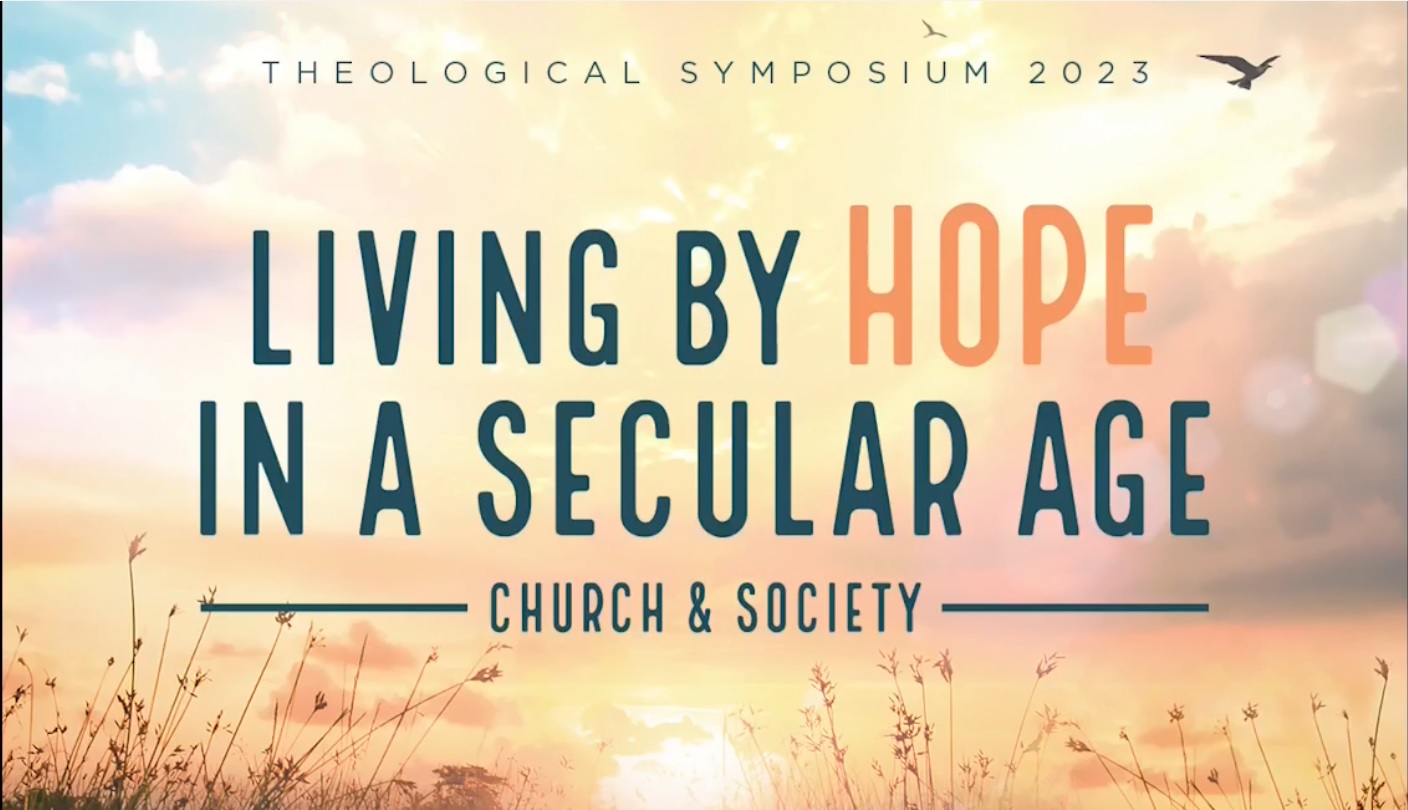Loading...
Start Date
20-9-2023 2:15 PM
End Date
20-9-2023 3:00 PM
Keywords
2023 theological symposium, day of atonement, face of God
Description
The differences within the so-called ‘Western’ text have usually been overshadowed by the reason for four Gospel accounts, with three of them extremely similar. The significant differences in manuscripts such as Codex Bezae have been described as differences either before or after the other manuscripts. Did the early church really care about the details of Jesus? This sectional proposes an early Jewish-Christian reason for such manuscripts and sees those differences as halakhic and haggadic perspectives of Jewish interpretation, with the four prohibitions described in the Apostolic Decree (Acts 15) as a type of conciliar agreement based on the all-important Pentateuch and giving permission for the four Gospel accounts to be given out. Connections may be made in much the same way to the four living creatures in Scripture (Ezek. 1; Rev. 4). The early church cared for all people and gave each one of them the reliable words of Jesus in a fourfold and loving way.
Submission Type
Bible Study; Lecture; Sermon Prep
Scripture References in this Resource (separated by semi-colons)
Genesis 24:4, 7;
Submission Audience
Laity; Ministers; Scholars
People in this Resource (separated by commas)
Klein,
Submission Cost
Free
Living with the Certainty of an Accurate Text: An Answer to the Synoptic Problem and the Differences in the So-Called “Western” Text
The differences within the so-called ‘Western’ text have usually been overshadowed by the reason for four Gospel accounts, with three of them extremely similar. The significant differences in manuscripts such as Codex Bezae have been described as differences either before or after the other manuscripts. Did the early church really care about the details of Jesus? This sectional proposes an early Jewish-Christian reason for such manuscripts and sees those differences as halakhic and haggadic perspectives of Jewish interpretation, with the four prohibitions described in the Apostolic Decree (Acts 15) as a type of conciliar agreement based on the all-important Pentateuch and giving permission for the four Gospel accounts to be given out. Connections may be made in much the same way to the four living creatures in Scripture (Ezek. 1; Rev. 4). The early church cared for all people and gave each one of them the reliable words of Jesus in a fourfold and loving way.


